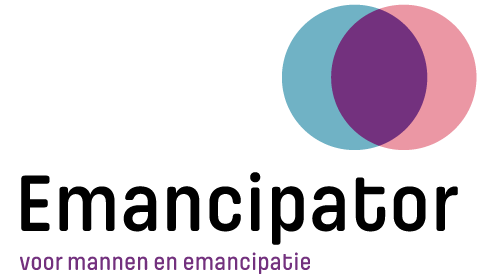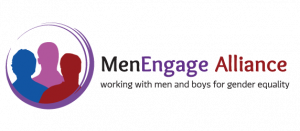THE GENDER EQUALITY INDEX: EUROPE IS ONLY HALFWAY!
 At Thursday 25th of June Emancipator attended the Launch of the Gender Equality Index 2015 in Brussels organized by the European Institute for Gender Equality (EIGE ). The Index is in instrument for policy makers to give us insight in the progress Member States of the European Union achieved on their way to gender equality. The Gender Equality index focuses in 6 core domains: Work, Money, Knowledge, Time, Power and last but not least Health. EIGE updated the Index of 2010 with new numbers and figures, including scores for Croatia (as they entered the EU in 2013) and new insights in the field of Violence against Women.
At Thursday 25th of June Emancipator attended the Launch of the Gender Equality Index 2015 in Brussels organized by the European Institute for Gender Equality (EIGE ). The Index is in instrument for policy makers to give us insight in the progress Member States of the European Union achieved on their way to gender equality. The Gender Equality index focuses in 6 core domains: Work, Money, Knowledge, Time, Power and last but not least Health. EIGE updated the Index of 2010 with new numbers and figures, including scores for Croatia (as they entered the EU in 2013) and new insights in the field of Violence against Women.
THE INDEX: ONLY TRUE ACHIEVEMENTS
The Index gives an overview on how well the EU Member States perform in achieving gender equality, together with how successful they are at closing the gender gaps. The score lies between 1 and 100, where 100 represents the best situation. To be able to score high on the index there needs to be an actual improvement in a Member State. A smaller gender gap without actual improvement for women and men does not result in a higher score on the index. So an improved score on the index can only go hand-in-hand with an actual achievement on gender equality for both women and men. Besides that the index focuses not only on equal opportunities and equal outcomes for women and men but also on equal dignity and integrity. And the index includes both areas where men out perform women as areas where women outperform men, both of these areas are treated equally within the index.
 SOME RESULTS
SOME RESULTS
The main result of the index shows us that the European Union is only halfway towards a gender equal Europe. Overall the average score is 52,9 at the EU Level. The Netherlands gets in fourth place of all the Member States with a score of 68,5 (a small decrease as the score was 69,1 in 2010). For the details take a look at the Main Report and the Country Profiles at http://eige.europa.eu/content/document/gender-equality-index-2015-measuring-gender-equality-in-the-european-union-2005-2012. To give an short overview of the main scores in the index. In 2012, in the domain of:
- Work: the index has an average score of 61,9 at EU level. For the Netherlands 69,0 (69,5 in 2010). Segregation at work remains a persistent area of gender inequality.
- Money: the index has an average score of 67,8 at EU Level. For the Netherlands a score of 83,6 (82,5 in 2010). To measure income in a more gender sensitive way, individual rather than household indicators should be used.
- Knowledge: the index has an average score of 49,1 at EU level. For the Netherlands 64,6 (65,8 in 2010). Although the average score on Knowledge is improved the index shows a decrease on the sub-indicator lifelong learning.
- Time: the index has an average score of 37,6 at the EU level. For the Netherlands 71,2 (71,2 in 2010). The unequal division of time between men and women when it comes to unpaid care and domestic activities remains persistent and extends to other activities.
- Power: the index has an average score of 39,7 at the EU level. For the Netherlands 51,31 (52,4 in 2010). The domain of power shows the second lowest score in the index. The large gender gap in representation continues despite the small progress in the domain of Power.
- Health: the index has an average score of 90.0 at the EU level. For the Netherlands 93,6 (94,7 in 2010). The score is driven by improved access to health services.
The next Gender Equality Index Launch is planned for 2017 and will focus on intersecting inequalities and will take a closer look into differences within the group of women and men based on for example on age, ethnicity, family situation (having children or not) and hopefully sexual orientation.
The fact that the Member States of the European Union score only a 52,9 out of the desirable 100 shows a need for more specific, renewed and strengthened EU-wide gender policy with specific focus on the domains of Power, Time and Knowledge. To be able to include the field of Violence within the index there needs to be more structural data collection throughout the EU, following up on the Survey on Violence of Women of the Fundamental Rights Agency (http://fra.europa.eu/en/publication/2014/violence-against-women-eu-wide-survey-main-results-report).


